Having a steady and reliable water supply is essential for both comfort and functionality at home. Without adequate water pressure, everyday tasks like showering, cooking, and cleaning could be disrupted by annoying interruptions.
However, many homeowners encounter issues with declining water pressure over time, leading to frustrating inconveniences and disruptions.
In this blog, we’ll delve into why water pressure might drop and share handy tips to keep your water pressure in top shape, along with the perks of a smooth-flowing water system.
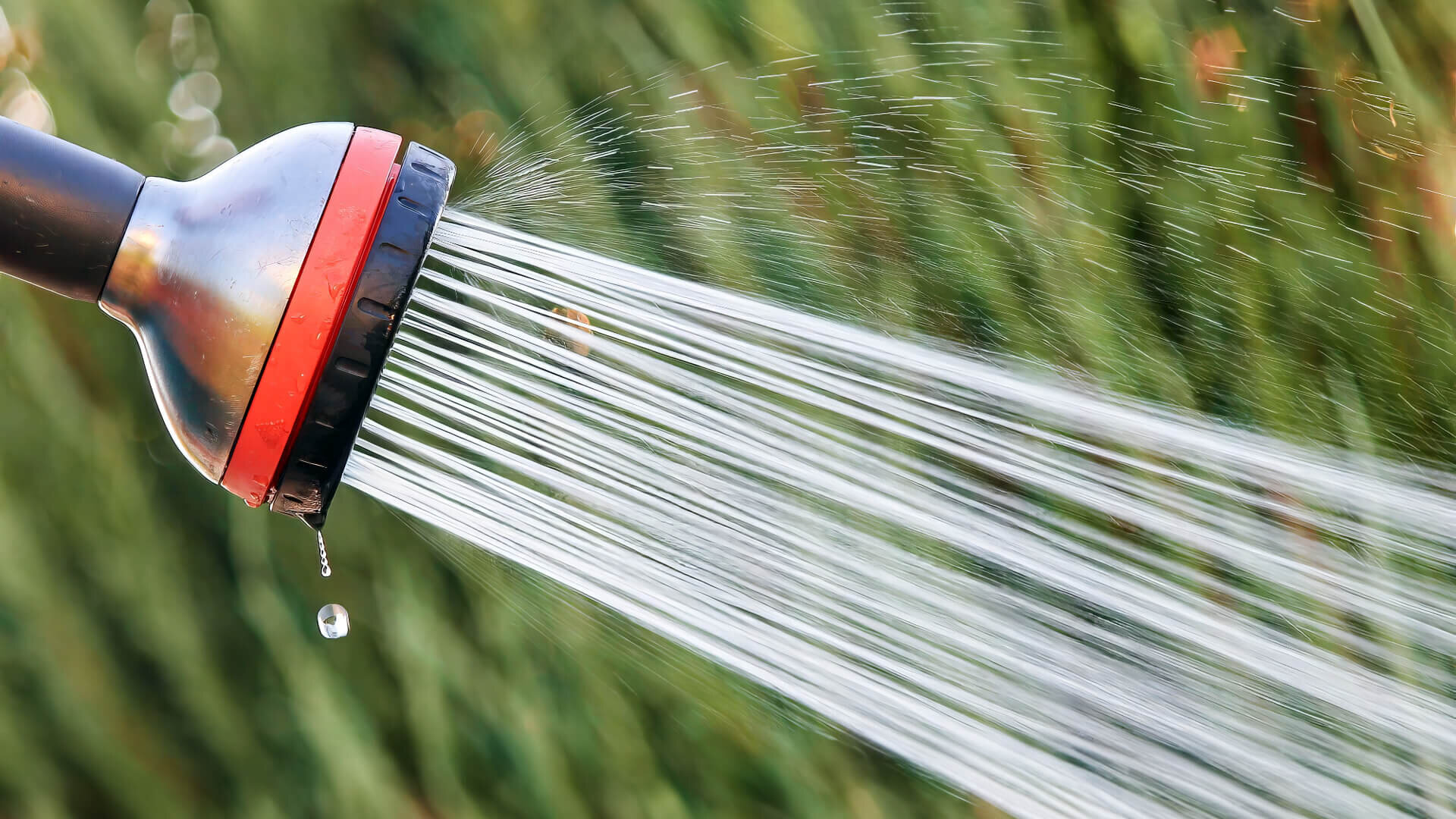
So, let’s dive in and learn how to maintain the perfect water pressure for your home!
Why Water Pressure Matters
Water pressure matters for several reasons. It plays a crucial role in our daily lives and the functionality of various household systems. Adequate water pressure ensures that everyday tasks like showering, washing dishes, doing laundry, and watering the garden are efficient and hassle-free.
Sufficient pressure allows these activities to be completed quickly, saving time and effort.
There’s nothing quite like a strong water flow for that perfect shower. Unfortunately, low water pressure can leave you struggling to rinse off soap and shampoo.
A robust water flow is essential for effective cleaning, whether cleaning dishes, countertops, or other surfaces. Without sufficient pressure, dirt and grime may be difficult to remove.

Appliances like washing machines and dishwashers heavily depend on good water pressure. Without it, you might face longer cycles, lower cleaning efficiency, and even potential damage to the machines.
For garden enthusiasts, proper water pressure is vital for irrigation systems and hose pipes. Sufficient pressure ensures that plants and lawns receive the right amount of water, promoting healthy growth.
In a fire emergency, high water pressure is crucial for firefighting efforts. Sufficient pressure allows firefighters to tackle the blaze and effectively protect lives and property.
Surprisingly, water pressure also plays a role in water conservation. With adequate pressure, less water is wasted because tasks are completed more efficiently, reducing overall water usage. Maintaining appropriate water pressure helps extend the lifespan of your plumbing system.
Excessive pressure can strain pipes, causing leaks and bursts, while low pressure can lead to sediment build-up and clogs.
Maintaining Optimal Water Pressure in Your Sydney Home
Ensuring optimal water pressure in your Sydney home is essential for a hassle-free and comfortable living experience. Low water pressure can disrupt daily activities and lead to frustrating situations, such as weak showers, slow-filling appliances, and inefficient cleaning routines.
Schedule periodic inspections of your plumbing system to identify any leaks, clogs, or damaged pipes affecting water pressure. Addressing these issues promptly can prevent further complications and maintain steady water flow.
Verify that your home has a pressure regulator installed and functioning correctly to monitor your water pressure.
This device controls the water pressure coming into your house from the main supply line, and adjusting it appropriately can help maintain the desired pressure levels.
Over time, mineral deposits and debris can build up in faucet aerators, affecting water flow. Regularly clean or replace them to ensure a steady and even water stream from your taps.
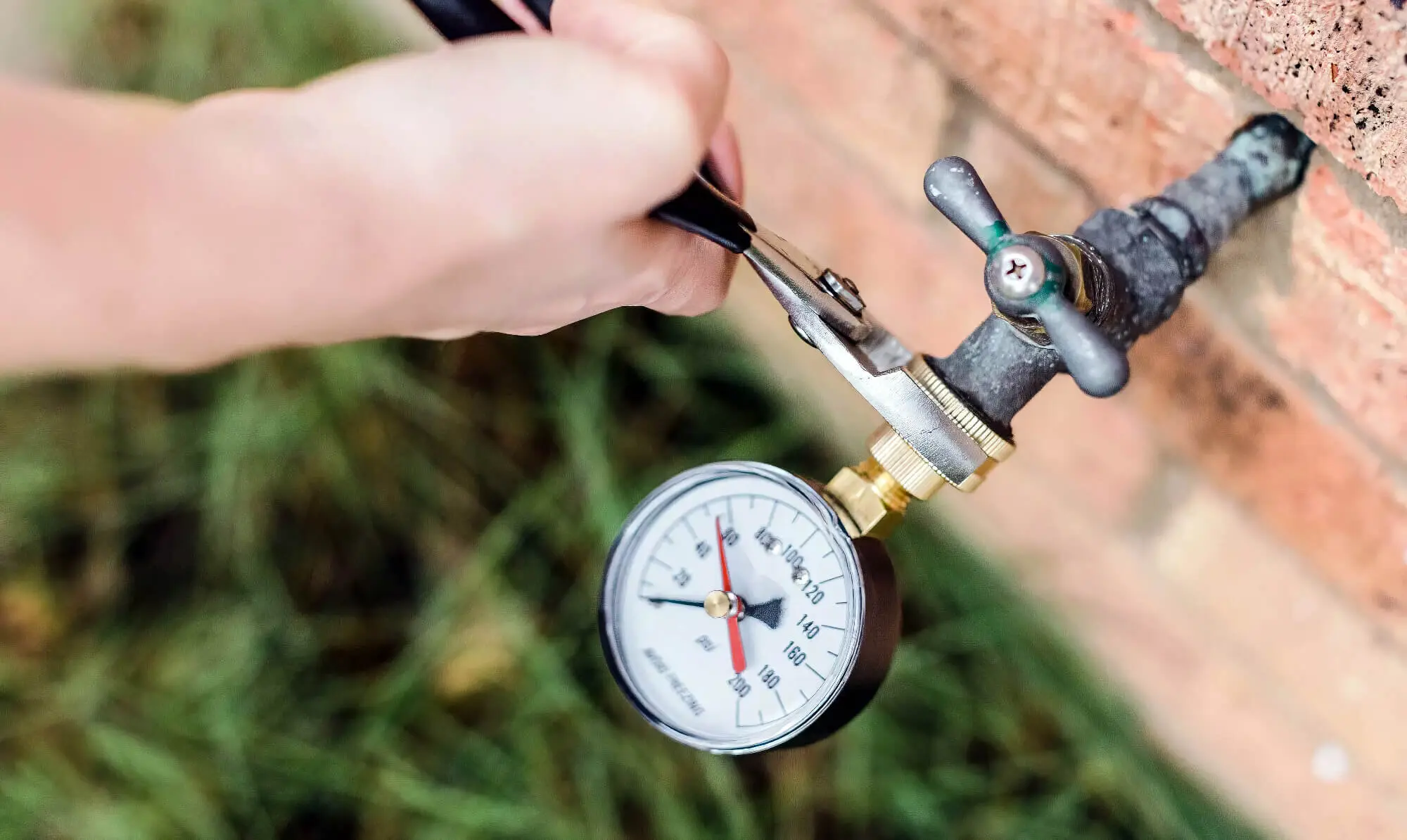
Consider upgrading old or corroded pipes, especially if you live in an older home. Modern pipes, like copper or PEX, offer better water pressure and can improve overall system efficiency.
If your area has hard water, invest in a water softener to prevent mineral build-up in pipes, which can restrict water flow.
Regularly maintain the softener to ensure it operates effectively. Consult a licensed plumber if you experience persistent low water pressure issues. They can assess your system thoroughly and provide tailored solutions to improve water pressure.
Common Causes of Low Water Pressure
Low water pressure can be a frustrating issue that affects various aspects of daily life. Several common causes can lead to this problem, including:
Water Leaks
Leaking pipes or fixtures can reduce water pressure. Leaks can occur within the plumbing system in visible and hidden areas and cause water to escape before reaching its intended destination.
Mineral Deposits and Clogs
Over time, mineral deposits, rust, and other debris can accumulate within pipes, faucets, and showerheads. These build-ups can restrict the flow of water, causing low water pressure.
Corroded Pipes
Old and corroded pipes can narrow the passageway through which water flows. As pipes degrade, they may become partially blocked, decreasing water pressure.
Partially Closed Valves
If the plumbing system’s main water supply valve or individual valves are not fully open, the water flowing through the pipes can be limited, causing low pressure.
Water Supply Issues
Low water pressure can sometimes result from problems in the municipal water supply or the well water system, such as maintenance work, water line breaks, or high demand during peak times.
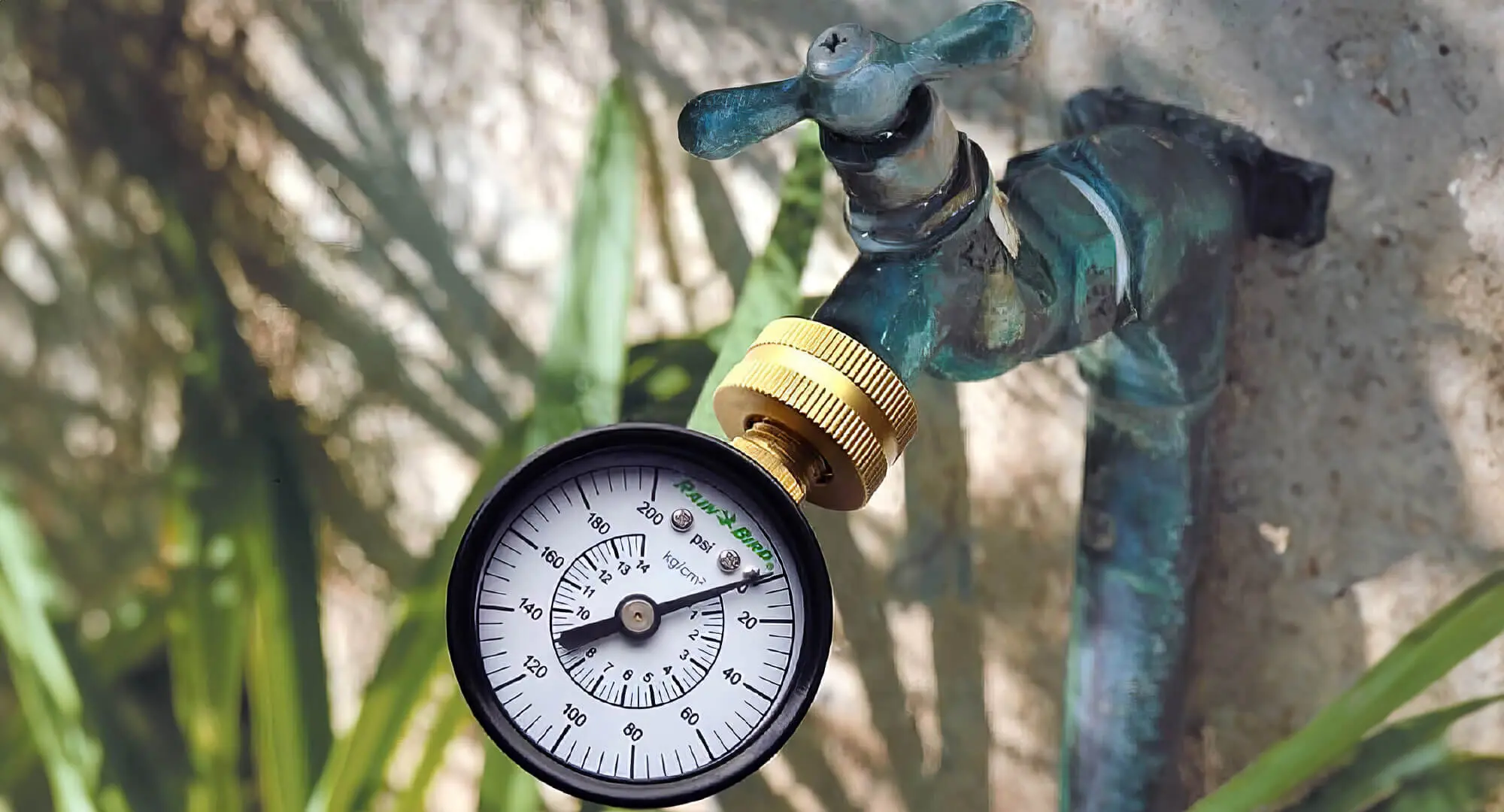
Height and Elevation
Suppose your property is higher or farther from the primary water supply source. Due to gravity and distance, it may experience reduced water pressure.
Water Pressure Regulator Issues
Your water pressure regulator is like a conductor for the water flow into your home. If it goes haywire or gets misadjusted, you’ll likely experience low pressure.
Plumbing System Design
Poorly designed plumbing systems can reduce water pressure in certain house areas.
Water Heater Issues
Sediment build-up in the water heater can restrict the water flow, impacting overall water pressure.
Water Treatment Systems
If you have water softeners, filters, or other treatment systems, they may become clogged or damaged over time, causing a decrease in water pressure.
Detecting and Fixing Water Leaks
Detecting and fixing water leaks is crucial to prevent water wastage, property damage, and increased utility bills. Start by turning off all water-using appliances and faucets in your home. Then, check the water metre to see if it still registers any water flow.
If the metre is still moving, it indicates a leak somewhere in your plumbing system. Look for any visible signs of leaks around pipes or in your bathroom, faucets, and under sinks.
Check for water puddles, dampness, or water stains on walls, ceilings, or floors.
Add a few drops of food colouring into the toilet tank to check for toilet leaks. Wait for about 30 minutes without flushing. If you notice the coloured water seeping into the toilet bowl, a leak in the flapper valve needs replacement.
Inspect outdoor spigots for any leaks or dripping when not in use. Also, check for soggy areas around the spigot, which could indicate an underground pipe leak.
Examine water-using appliances such as washing machines, dishwashers, and water heaters for signs of leaks.
Make sure the connections and hoses are secure. Consider using a water leak detection device to alert you if it detects any leaks. Some of these devices can be connected to your smartphone for real-time notifications.
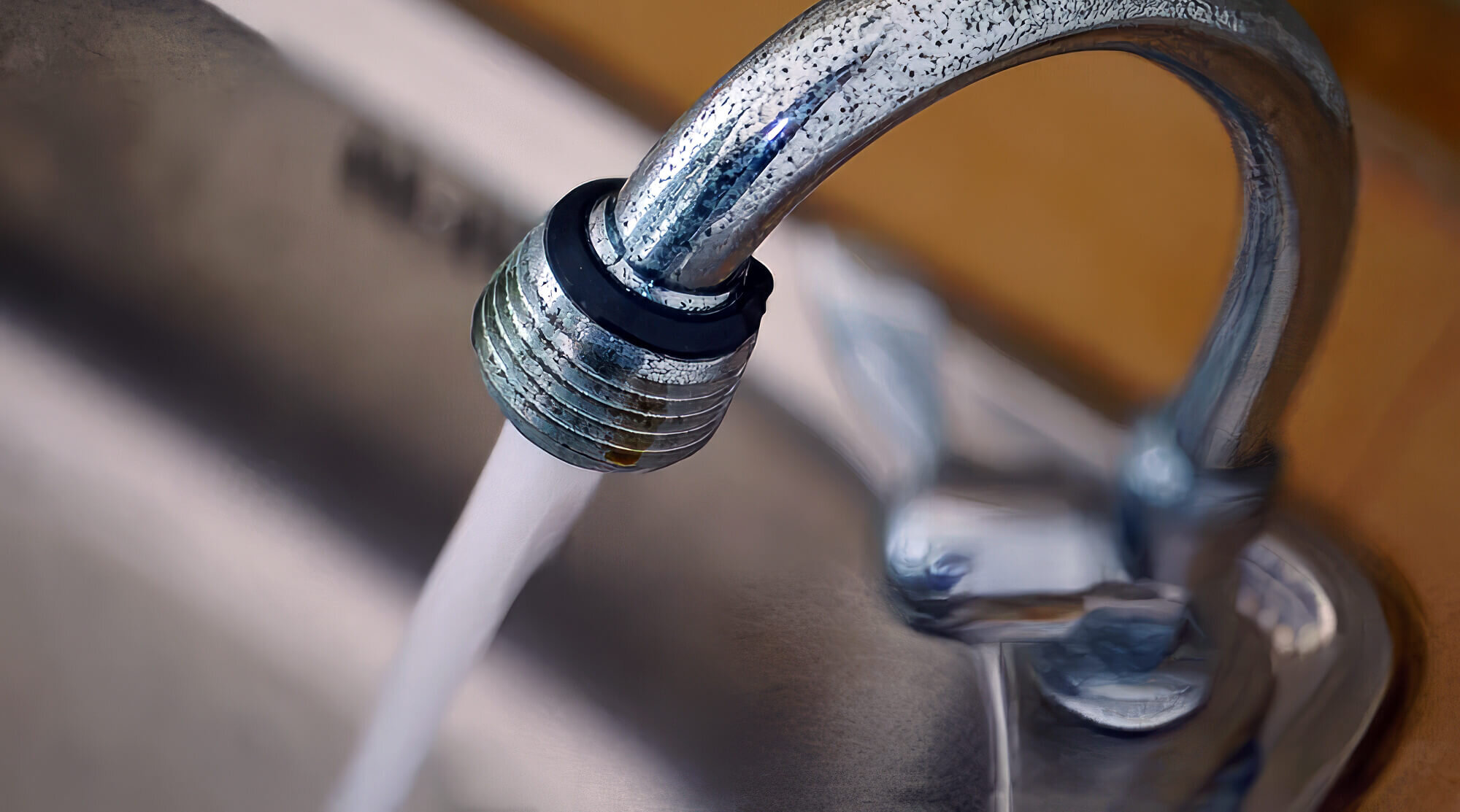
Keep an eye on your water bills. A sudden increase in water usage without any apparent explanation could indicate a hidden leak. If you can’t identify the source of the leak or if it requires extensive investigation, it’s best to call a licensed plumber. They have the expertise and tools to detect and fix leaks effectively.
When you identify a leak, it’s essential to fix it promptly. Ignoring a leak can lead to more significant issues over time and waste a substantial amount of water.
Consequences of Ignoring Water Pressure Issues
Ignoring water pressure issues can have several negative consequences, affecting your property and daily life. Low water pressure can reduce water flow from faucets, showers, and other water outlets.
Tasks like showering, washing dishes, and doing laundry become more time-consuming and less efficient.
Low water pressure can make cleaning dishes, clothes, and other items more accessible. However, it may also lead to leftover soap or detergent residue, compromising the cleanliness of your belongings.
Showers with low water pressure can be frustrating, especially if you enjoy a solid and invigorating shower experience. It can make rinsing off shampoo and soap challenging and less enjoyable.
Low water pressure can increase the risk of clogs in pipes and fixtures. Insufficient pressure might not push debris and waste through the plumbing system, leading to blockages and potential backups.
Some appliances, such as washing machines and dishwashers, rely on adequate water pressure to function correctly. Insufficient water pressure can strain these appliances and lead to premature wear and tear.
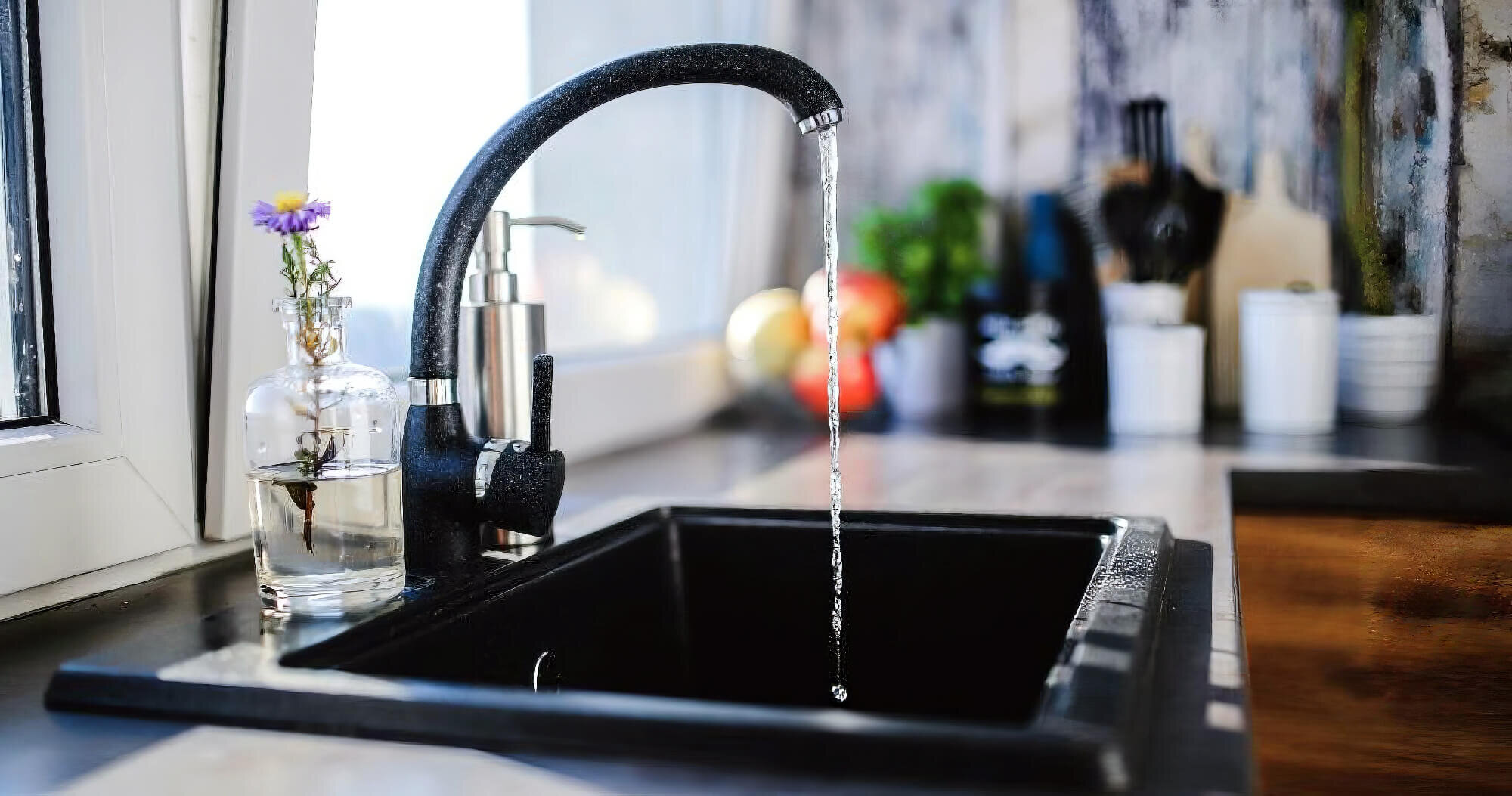
In properties with low water pressure, the effectiveness of fire sprinkler systems and fire hydrants can be compromised, potentially putting lives and property at risk in a fire emergency. Low water pressure may affect your ability to clean and sanitise effectively.
This can be a concern, particularly regarding personal hygiene and food preparation. Ironically, ignoring water pressure issues can lead to higher water bills. When water pressure is low, people tend to run taps and showers for longer, increasing water usage.
Over time, unresolved water pressure problems can escalate into more severe plumbing emergencies, requiring costly repairs and inconveniencing your daily life.
DIY Troubleshooting for Minor Water Pressure Problems
For minor water pressure problems, you can take several DIY troubleshooting steps before calling a professional plumber. These steps help identify and resolve simple issues affecting water pressure. Here’s what you can do:
- Check All Faucets and Fixtures to see if the low water pressure is consistent.
- Clean Faucet Aerators and Showerheads
- Inspect Shut-Off Valves to ensure they’re fully open.
- Check for Water Leaks around pipes, fixtures, and appliances.
- Clear Clogs in the pipes.
- Inspect the Pressure Regulator for any signs of damage or misadjustment.
- Flush the Water Heater to remove any accumulated debris.
- Check that the Water Main Valve is fully open.
- Test Water Pressure to measure the water pressure at various faucets and fixtures in your home.

Tackling these DIY fixes can bring your water pressure back to normal without much fuss.
Preserving Water Pressure for a Seamless Home Plumbing Experience
Keeping your home’s water pressure ensures a smooth and efficient plumbing system. You can maintain optimal water flow throughout your home by addressing common causes of low water pressure, conducting regular maintenance, and considering upgrades to fixtures.
Water pressure issues should not be ignored, as they can lead to inconveniences, property damage, and increased utility bills.
If you’re experiencing persistent water pressure problems or need professional assistance with your plumbing system, don’t hesitate to contact the experts at Fixed Today.
With their expertise and dedication to exceptional service, they can promptly diagnose and resolve any water pressure issues, ensuring your home’s plumbing operates at its best.
Contact Fixed Today to experience the difference between reliable plumbing solutions that will keep your water flowing smoothly for years.














